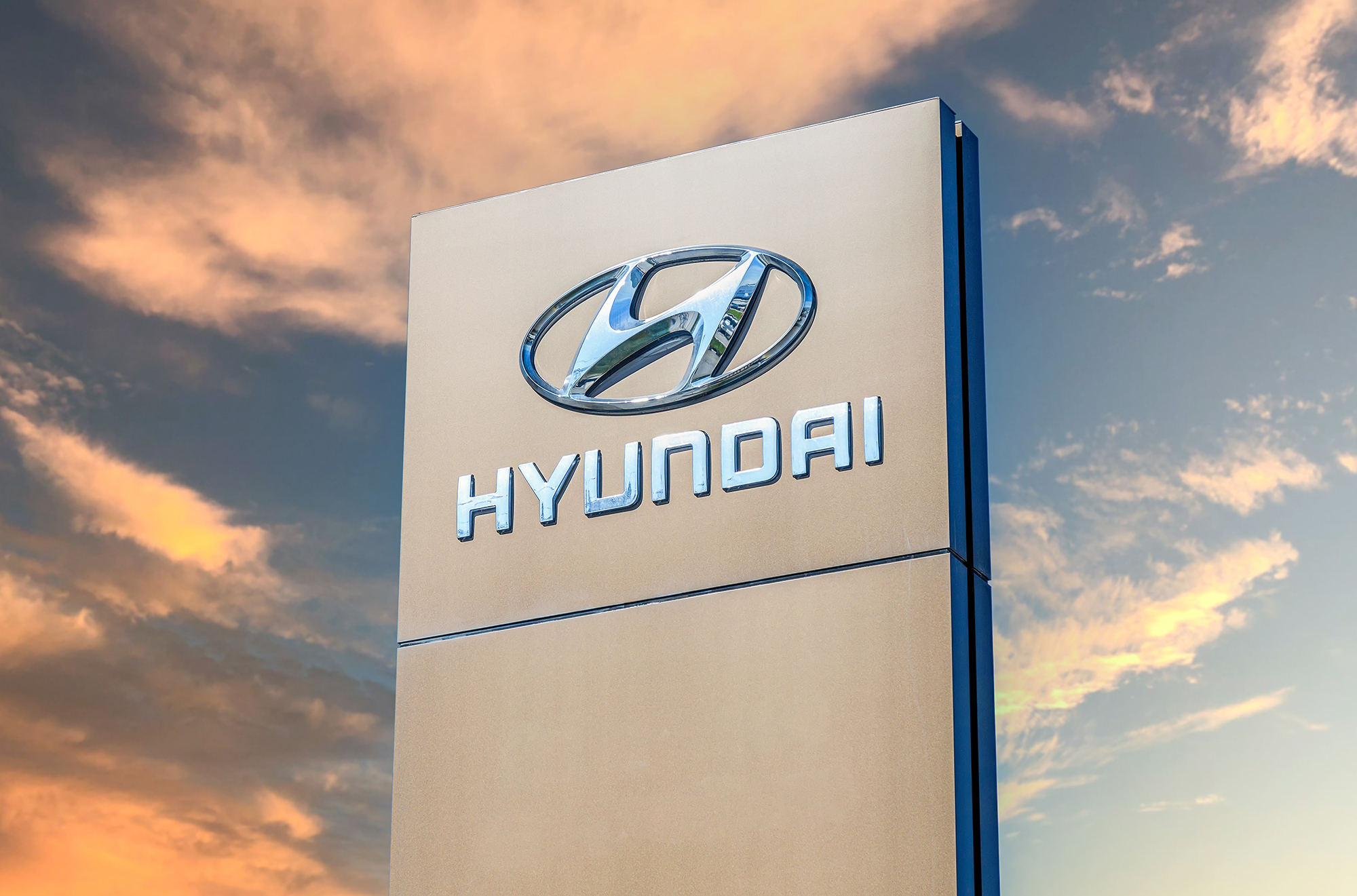Hyundai Motor Group has managed to sidestep the Trump administration’s tariff threats. All it cost was $21 billion.
The South Korean conglomerate, known primarily for its cars, pledged on March 24 to allocate $9 billion to boost its US automobile production capacity to 1.2 million units annually. Another $6 billion will enhance steel operations, increase localization, and reinforce supply chains. Additionally, $6 billion will go toward energy infrastructure, such as EV charging networks.
In total, this investment will double the $20.5 billion Hyundai has allocated since entering the US in 1986 and is expected to generate more than 100,000 direct and indirect job opportunities in the US by 2028, including 14,000 direct, full-time jobs.
The White House immediately touted the announcement as “further proof that President Trump’s economic agenda is working.”
Indeed, the new commitments mark something of a reversal for Hyundai. In 2021, it reshored production of 70,000 sedans from an Alabama factory to South Korea to support domestic employment.
The following year, President Joe Biden signed the Inflation Reduction Act, which pumped billions into strengthening US-based manufacturing and offered tax credits and grants to entice companies to expand production facilities—especially if they helped create a greener economy. By 2024, Hyundai had returned to the US and poured $7.6 billion into EV manufacturing near Savannah, Georgia.
But, according to Euisun Chung, executive chair of Hyundai, it was a meeting with Trump in Seoul back in 2019 that inspired those Georgia plans. The flattery earned Chung and South Korea a tariff exemption.
“Hyundai will be producing steel in America and making its cars in America, and as a result, they’ll not have to pay any tariffs,” Trump said during a meeting with Chung at the White House.
Hyundai isn’t the only automaker shifting gears to avoid new levies. With Trump threatening to impose 25% tariffs on products from Canada and Mexico starting in April, automakers like Honda and Nissan—both based in Japan—are reportedly rethinking their manufacturing setups in Mexico and shifting to the US. London-based Rolls-Royce; Gothenburg, Sweden-based Volvo; and Wolfsburg, Germany-based Volkswagen are also considering a US expansion. By dodging tariffs by way of their US factories, these companies could also gain a competitive edge over Detroit-based competitors like Ford and GM, which still rely on Mexican production in various ways.




